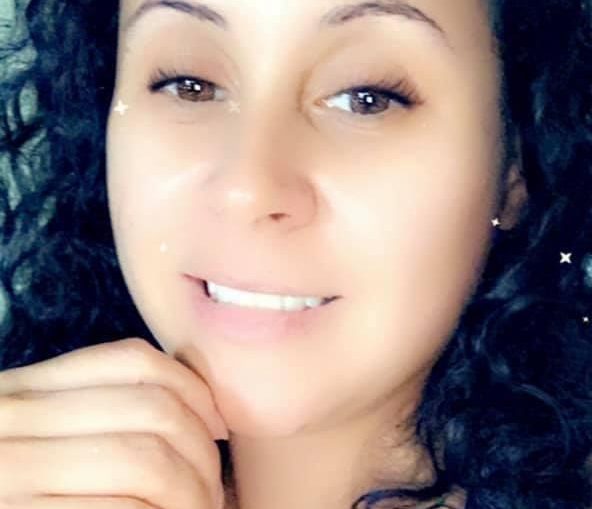“In 2020, the economy dealt with an emergency pandemic called COVID-19. Numerous people had lost their lives due to this virus. As a healthcare provider working on the front line, risking my health and well-being for the health of others, this was the scariest thing I ever experienced in my life.”
Darnetta Duffin, a Frederick Community College student, has worked in the healthcare field for over 20 years. Ms. Duffin also contracted COVID-19, working at a hospital as a nursing assistant.
“The fear I had was that I could possibly die because I had all the symptoms, I experienced fever, chest pain, shortness of breath, coughing, and the loss of taste and smell.” With that fear came the fear of leaving her children alone because they grew up with only a mother figure and no financial or constant relationship with their fathers.
Ms. Duffin is a single mother of four children (ages 4, 10, 14, and 18.) “I overwork myself and do the best to provide for my family, and the thought of not being there or being able to provide for them scared me,” she said.
Darnetta also feared passing the virus to her children because they were young and always around her. Without anyone else to care for her children, it would be close to impossible to quarantine away from them. Most people with mild cases appear to recover within one to two weeks.
However, recent surveys conducted by the Centers for Disease Control found that recovery may take longer than previously thought, even for adults with milder cases who do not require hospitalization. “I didn’t have the help of someone to watch them as I was sick,” she said. “I was out of work for over a month because of the unknown of the virus. I was scared to go back to work. It made my anxiety worse, and I struggled more with myself being unable to go out for even a doctor visit.”
Even after contracting the virus, Ms. Duffin said that she would not change her profession for anything in the world; however, she is very leery about taking the vaccine. There are still many questions that she would like the answers to, and with the recent Johnson & Johnson recall she does not plan on rushing to get it.
“I’m curious to gain more knowledge because this vaccine came out so quickly. I have seen in the media how some people got terrible reactions, and others did not.” According to the Center for Biologics Evaluation and Research: As of April 12, more than 6.8 million doses of the Johnson & Johnson (Janssen) vaccine have been administered in the U.S.
CDC and FDA are reviewing data involving six reported U.S. cases of a rare and severe type of blood clot in individuals after receiving the J&J vaccine. In these cases, a type of blood clot called cerebral venous sinus thrombosis (CVST) was seen in combination with low levels of blood platelets (thrombocytopenia). All six cases occurred among women between the ages of 18 and 48, and symptoms occurred 6 to 13 days after vaccination.
“It’s scary not knowing how it can affect me, especially after being affected by COVID when I got it when it was new. Every day, I get scared that I can get it again because of the experience.”
In Frederick County, there have been 19,088 COVID-19 cases since the pandemic began and 300 deaths. Maryland had confirmed 436,028 cases and 8,376 deaths. “This pandemic has changed everyone’s life this past year. I am thankful that I haven’t lost anyone to COVID-19 in my family, and I came out alive with it and with new perspectives.”
The news is filled with stories of sickness, job loss, disappointment and death. There’s no shortage of bad news when it comes to COVID-19. It’s impacting the ability of many residents to be productive and engaged in work. Exposure to all this negativity is making even the most optimistic among people feel frustrated, deflated and even depressed. Making matters worse, even the negativity is highly contagious.
Ms. Duffin has not allowed this pandemic or virus to take away her passion for helping others though. Instead of the negatives, she only focuses on the positives. “I gained more quality time with my family, and in the process, I looked into more help for my anxiety, and it’s helped me cope with it more. I also got to help others and remind myself why I got into the healthcare field, saving lives and making someone feel loved and cared for.”

